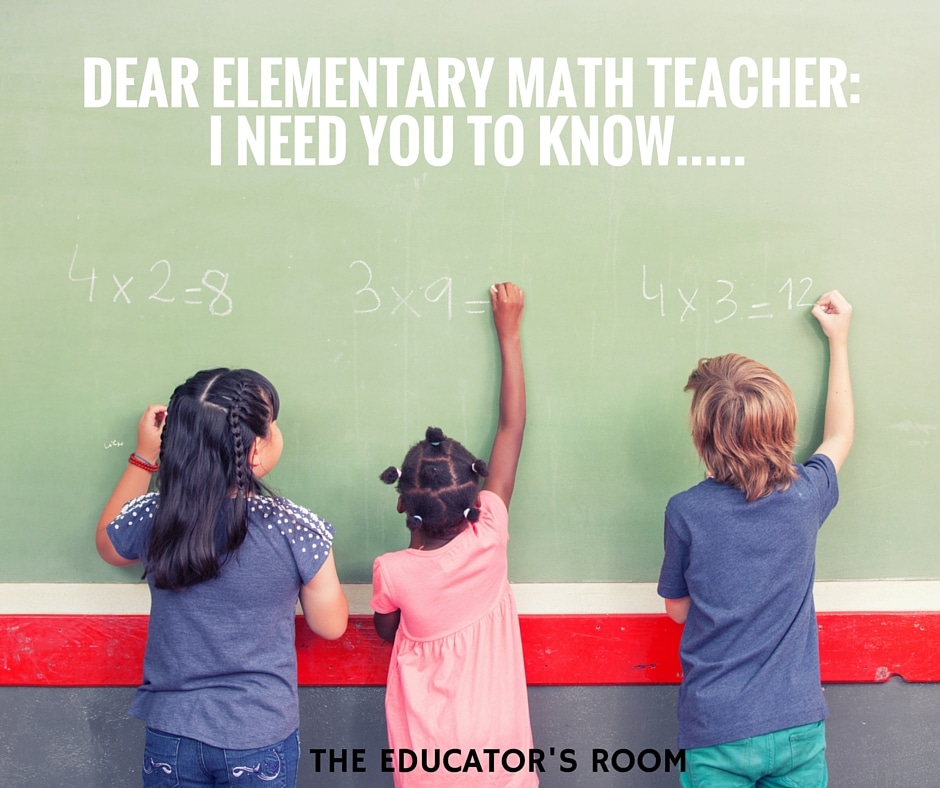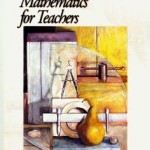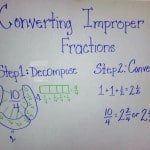Dear Elementary Math Teacher,
Teaching math can be a rewarding experience because elementary teachers mold students’attitudes towards math that will last well beyond the elementary school years. Trust me when I say, I know sometimes it can be difficult to teach math to students who do not have the number sense or the prerequisite skills from the previous grade level to do the math for the grade level that you teach. So, that’s why I am writing this letter because Husung-Hsi Wu, a math professor at the University of California, believes that there are a few things that elementary math teachers should know.
Despite what you have been taught in your teacher preparation courses in order to teach elementary math, you should know math beyond the grade level that you teach. If you know mathematics you will not impose rules without reason. You will encourage your students to always ask why. Also,the more you know about what you teach, the more options you will have on how to teach it, and the more you can convince your students that mathematics is worth learning. Math is unreasonable to children but you should be convinced that there is a way to explain almost everything in mathematics.
In addition to learning the math content, you should also learn to use the number line effectively. Number lines can be used at every grade level beginning with kindergarten. Whole numbers and fractions are the foundation of the elementary math curriculum and using the number line will help to develop students’ understanding of whole numbers, fractions and negative numbers. For example, if you tell your students that you cannot subtract 3 from 2 this is not entirely true because in 6th-grade students are introduced to negative numbers. Instead, you should tell your students, for now, we can only subtract a smaller number from a bigger number, but later on you will learn how to do subtraction between ANY two numbers.
Lastly, you need to understand what it means “to know” something. In mathematics knowing something means literally knowing a fact by heart. Mathematicians use this word to mean a lot more. In mathematics, to say you know a fact means you know what it says precisely (without vagueness), what it says intuitively, why it is true, why it is worth knowing, in what way it can be put to use, and the natural context in which it appears. So when you say that your students know division it means that they are able to tell the whole story about division rather than just a few facts about computation.
Mathematics is a child’s first encounter with numbers. If you cannot develop their curiosity from the beginning, there will be little chance of success in math education. Remember if you give your students too many seemingly unreasonable rules with no explanation, students will lose their confidence in their ability to learn math and their curiosity will be snuffed out. They will stop learning.
I’m going to leave you with this quote from Albert Einstein, “Education is not the learning of facts, but the training of the mind to think.”
‘Til next time,
Michelle
P.S. Happy New Year!





